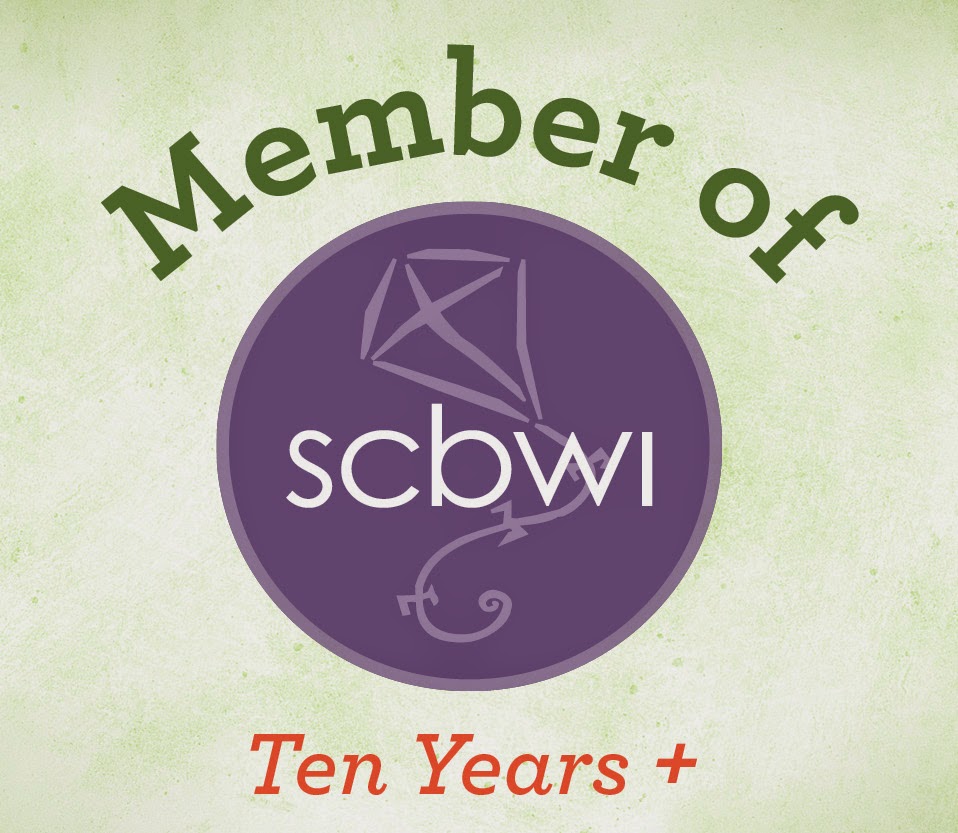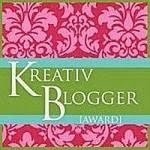Inertia:
a body at rest tends to stay at rest, and a body in motion tends to stay in
motion, unless acted on by an external force.
At
a writing retreat, revisions are in motion. Everyone was pushing their projects
forward, all day long and into the evening. At every retreat, I relearn that immersing
myself in a project leads to clearer thinking about it. This year, I discovered
that solving problems in early chapters hinted at ways to fix the metaphorical train
wreck near the end.
On
Sunday afternoon, when I left the retreat, I’d only started to clean up that daunting
train wreck. Household chores and daily activities are significant external
forces that shift my revisions into resting mode. Frustration over the train
wreck was another inhibitory external force.
If I want to finish this draft, I must become the external force that kicks revisions into gear again.













